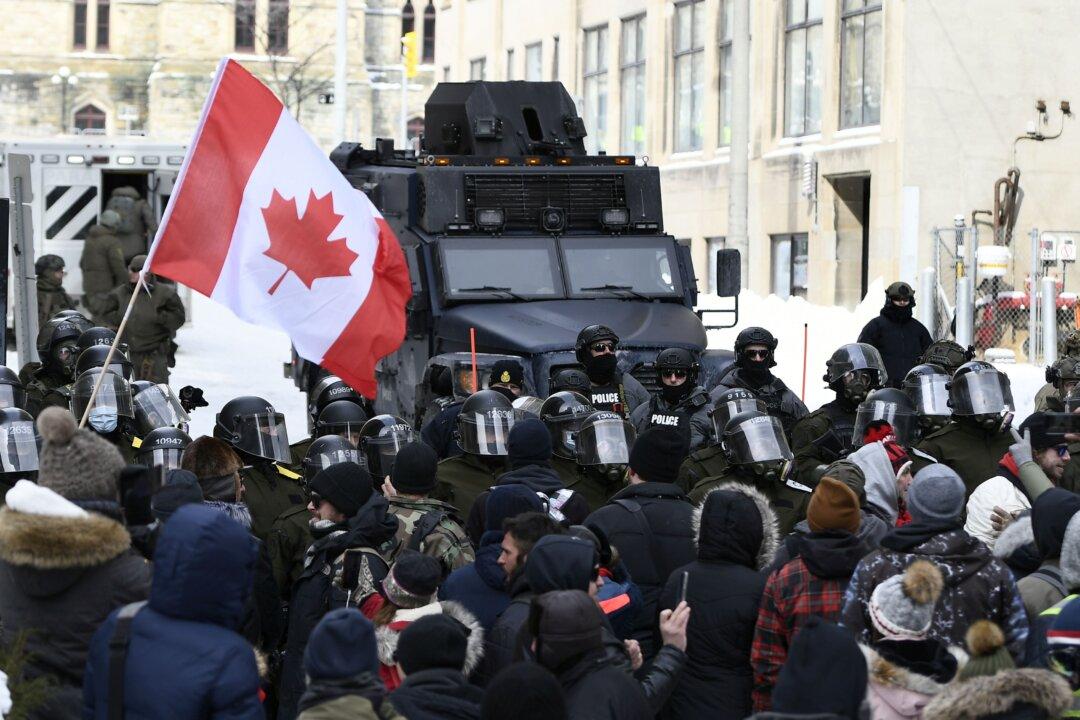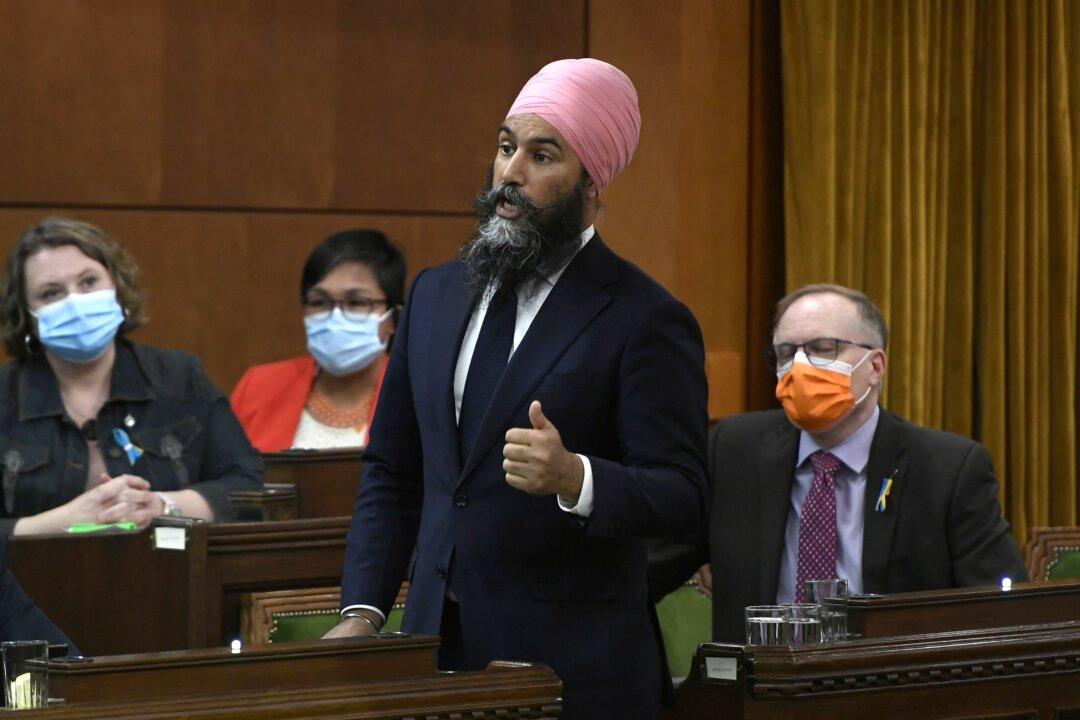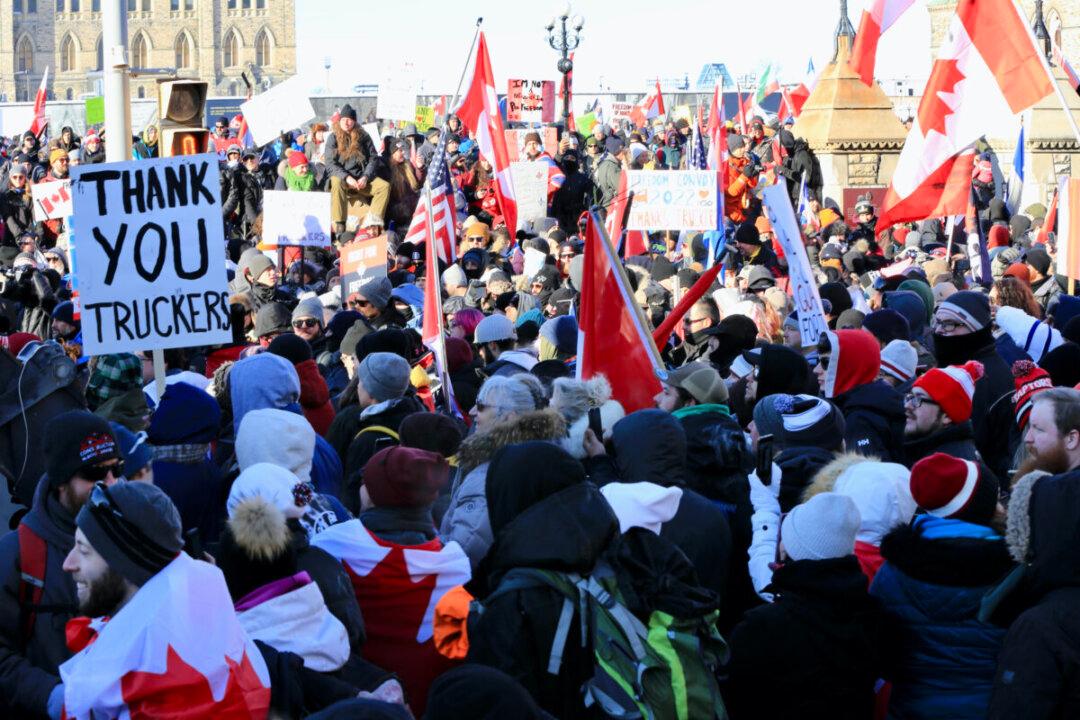Commentary
With great concern we Canadians are watching our shining beacon of democracy teeter before our eyes. It is difficult to comprehend the magnitude of the past three weeks but we will be feeling the repercussions for years to come. Even though the Emergencies Act has been revoked, great damage has already been done. Our government briefly, but decidedly, flirted with powers that were unchecked, unconstitutional, and antithetical to a democratic nation.





